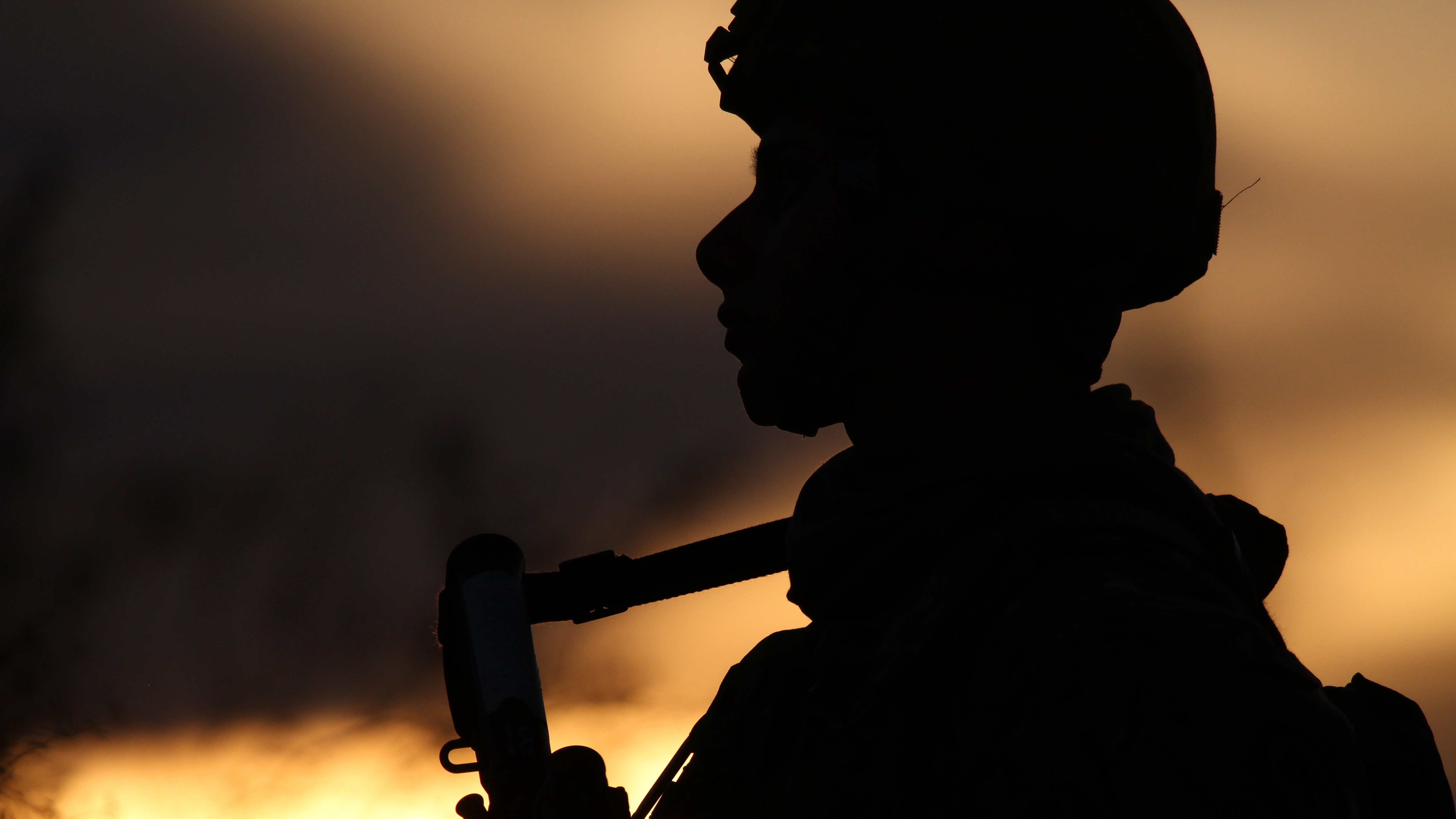Camarillo: Work Remains to Combat Sexual Assault
Camarillo: Work Remains to Combat Sexual Assault

While the Army has implemented 63 of 70 recommendations to combat sexual assault and harassment in the force, leaders remain “concerned” about the uptick in incidents in the past year.
A DoD report using fiscal 2021 data showed a “significant increase” in the prevalence of sexual assault and a “decline in trust in the military system to deal with those problems,” Army Undersecretary Gabe Camarillo said during a recent hearing before the House Armed Services military personnel subcommittee.
“Despite many years of prior effort to address this challenge, we are not where we want to be,” Camarillo said.
In the report, 8.4% of active-duty women and 1.5% of active-duty men said they had experienced unwanted sexual contact in the past year. In addition, rates of sexual harassment, gender discrimination and workplace hostility increased for women throughout the active force, the report says.
Though most respondents agreed that sexual assault was not tolerated in their workplace, 21% of women and 7% of men said that filing a sexual harassment complaint would be “too risky.”
During the subcommittee hearing, leaders from the services were called upon to provide updates on the implementation of recommendations from the Independent Review Commission on Sexual Assault in the Military, which began its assessment of the military’s treatment of sexual assault and harassment in March 2021.
The Army has taken several “unprecedented” steps to make “systemic and lasting changes,” Camarillo said, particularly after the 2020 murder of Spc. Vanessa Guillén, a 20-year-old soldier stationed at Fort Hood, Texas.
Guillén’s death led the Army to create the Fort Hood Independent Review Committee, which reviewed issues of climate, culture and safety on the post, one of the Army’s largest. Following the committee’s report, Army leaders established a task force to address and implement its recommendations.
In the past year, the Army has updated its Sexual Harassment/Assault Response and Prevention training, implemented 63 of the 70 recommendations from the Fort Hood committee, established its Office of Special Trial Counsel and set up a pilot program where survivors can access services outside their immediate chain of command.
The Army also has sought cultural change, with a renewed emphasis on prevention.
“Our efforts have shifted from a narrow focus on response to these crimes and compliance with related policies, to a more balanced approach rooted in prevention, building positive command climates, and detecting and acting on warning signs before damaging acts occur,” Camarillo said.
He added that the Army will continue to work on eradicating sexual assault and harassment from the force.
“We can’t afford to fail our soldiers in this area, and getting this problem right, and driving lasting change in the way that we prevent and respond to sexual assault will safeguard soldiers’ physical safety, increase military readiness, build trust and ensure more Army team members’ workplaces are characterized by dignity and respect,” he said. “You have my commitment that Army leaders will keep pushing until the job is done.”

